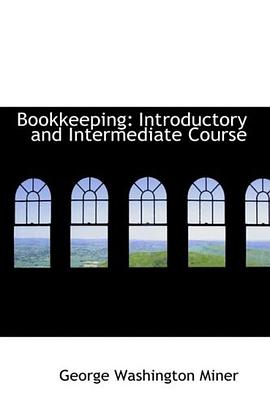

具体描述
The expressions of American hostility toward France after 9/11 are not new - Franco - American relations in the early twentieth century were also difficult, characterized by the same antagonistic depictions of the other's culture. Ambassador Jules Jusserand's years in Washington (1903-24) were defined by efforts to correct such misconceptions, whether they came from the venomous pens of French extremists or from members of William Randolph Hearst's press empire. In "An American by Degrees", Robert Young explores Ambassador Jusserand's life and legacy. Fluent in English, married to an American, and a historian who was a frequent guest at many American universities, Jusserand deftly cultivated American sympathies for France. His tasks as a diplomat were formidable, whether during the period of America's war-time neutrality - when France was nearly over-run by the German army - or when as allies they competed for control of the peace process or sought to resolve post-war issues like disarmament, war debts, and reparations. Jusserand relentlessly reminded Americans that France had been an ally during their Revolution and that their concept of 'civilization' was part of France's intellectual and cultural legacy. His emphasis on their shared history was natural, as befitted the first winner of the Pulitzer Prize in History and only the second foreigner to serve as president of the American Historical Association.
作者简介
目录信息
读后感
评分
评分
评分
评分
用户评价
相关图书
本站所有内容均为互联网搜索引擎提供的公开搜索信息,本站不存储任何数据与内容,任何内容与数据均与本站无关,如有需要请联系相关搜索引擎包括但不限于百度,google,bing,sogou 等
© 2026 book.wenda123.org All Rights Reserved. 图书目录大全 版权所有




















